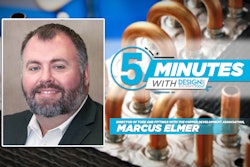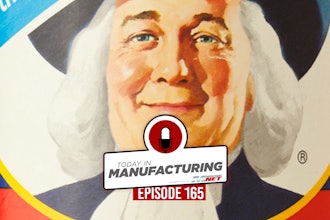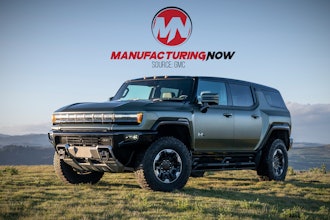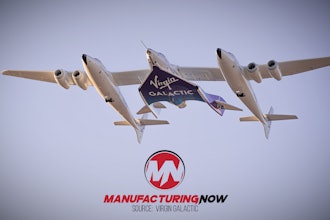Almost everything about the passenger vehicle has changed dramatically over the course of the past several decades, from their designs to the materials used to build them to the technology on their dashboards.
But through it all, there’s been at least one constant since the 1960s: the humble car radio, which has survived tape decks, CD players, and even podcasts. The biggest threat to it, however, appears to come not from some new audio trend or technology, but from the looming shift from gas-powered engines to electric vehicles.
As anyone who’s used their car as a makeshift stereo a little too long knows, the radio will drain the car’s battery when the engine isn’t on. Some auto industry observers have suggested that AM radios impact the long-term performance of EV batteries, and at least two major global automakers are pulling the plug on them.
German luxury automaker BMW doesn’t offer AM radio on three of its electric models — the i4, iX and i7 — and Ford is making the same decision in its F-150 Lightning electric pickup.
At least one prominent U.S. lawmaker, however, is raising concerns about those decisions.
Massachusetts Sen. Ed Markey wrote a letter to 20 automakers this week asking them to continue putting AM radios in their vehicles.
He said that the absence of free broadcast radio could pose “a significant communication problem during emergencies,” and he cited data from the Pew Research Center showing that, despite all the other available options, nearly 90% of Americans 12 and older listened to AM or FM radio each week prior to the pandemic.
A Ford spokesperson, however, told Autoweek that it's not just battery concerns behind the decision: AM frequencies can be affected by “electromagnetic noise in EV propulsion systems.” The company also noted that most AM stations are available via streaming services.
Markey maintained that choosing between AM and EV is a false choice, and that although electric propulsion is vital to addressing climate change, “automakers need not sacrifice the benefits of radio in the process.”
He asked for a response from the automakers by Dec. 22.






















